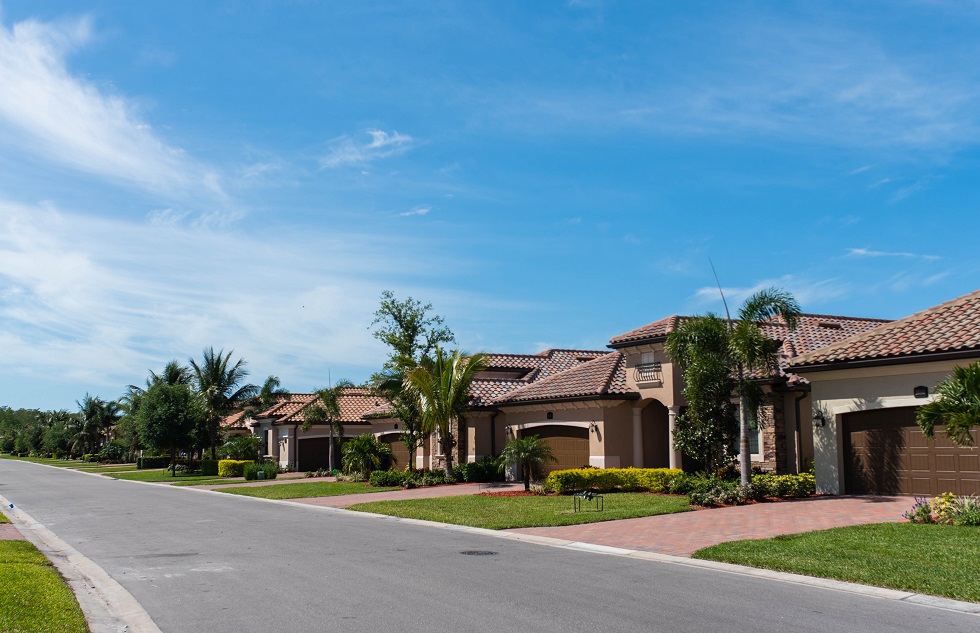Exploring the Hidden Dangers Beneath Your Home
When you think of the sunny state of Florida, images of beautiful beaches, warm weather, and palm trees likely come to mind. But beneath this picturesque surface lies a geological reality that homeowners need to be aware of: sinkholes.
These naturally occurring phenomena can cause significant damage to properties, and understanding the risks they pose is crucial for any Florida homeowner. So, let’s dive into the world of sinkholes, what causes them, and how you can protect your home from their potential effects.
What are Sinkholes and Why Do They Occur?
Sinkholes are more than just holes in the ground; they are the result of geological processes that occur over time. In Florida, the unique limestone bedrock contributes to the formation of sinkholes. Over thousands of years, water dissolves the limestone, creating cavities and voids underground. When the ground can no longer support the weight above it, a sinkhole can occur. There are different types of sinkholes, including dissolution, cover-collapse, and cover-subsidence sinkholes, each with distinct characteristics and causes.
Measuring the Risk: Sinkholes in Florida
Florida is no stranger to sinkhole activity. With its limestone-rich landscape and frequent heavy rainfall, the state experiences a higher frequency of sinkholes compared to other regions.
Central Florida, known as the “Sinkhole Alley,” is particularly susceptible due to its geological composition. According to geological surveys, sinkholes can be found in various parts of the state, making it important for homeowners to be vigilant.
Signs of Sinkhole Activity: What to Look For
Detecting sinkhole activity early is vital for preventing further damage to your property. Some signs to watch out for include:
Structural Indicators
- Cracks appearing in walls, floors, and foundations.
- Doors and windows becoming difficult to close or misaligned.
Ground-Related Indicators
- Depressions or sagging areas in the yard.
- Circular patches of dying vegetation due to changes in water flow.
The Impact on Your Property and Safety
Sinkhole damage isn’t just an inconvenience; it can have serious financial and safety implications. Unaddressed sinkholes can lead to structural damage, affecting the stability of your home. Not only can this decrease your property value, but it also puts you and your family at risk. This is why recognizing the signs and taking appropriate action is so important.
Sinkhole Insurance Coverage
Thankfully, many insurance policies in Florida include sinkhole coverage, though it’s crucial to understand the terms and conditions. Catastrophic ground cover collapse is typically covered, but other types of sinkhole damage might require additional coverage. It’s recommended to review your policy and consult with an insurance professional to ensure you have the right protection.
Prevention: Minimizing the Risk
While you can’t prevent sinkholes from forming, you can take steps to minimize their impact on your property:
Proper Landscaping and Drainage
Proper landscaping can help manage water runoff and prevent excess water from seeping into the ground, potentially weakening it. Consult with professionals to design your yard with proper drainage in mind.
Consistent Moisture Maintenance
Maintaining a consistent moisture level around your property can prevent rapid changes in the ground’s stability. Avoid over-watering or allowing areas to become too dry.
Foundation Inspections
Regularly inspect your home’s foundation and exterior for any signs of cracks or shifts. Early detection can save you from costly repairs down the line.
Responding to Sinkhole Activity
If you suspect sinkhole activity on your property, it’s essential to take the following steps:
Safety First
Ensure the safety of your family and evacuate if necessary. Avoid the affected area until professionals assess the situation.
Seek Professional Assistance
Contact a geologist or engineer experienced in sinkhole assessments. They can evaluate the situation and recommend appropriate actions.
The Assessment Process
Professionals will use various methods such as ground-penetrating radar and soil testing to assess the extent of the sinkhole and its potential impact on your property.
Government Regulations and Disclosure
In Florida, sellers are required by law to disclose any sinkhole history when selling a property. Understanding the Sinkhole Disclosure Law can help you make informed decisions when buying or selling a home.
Conclusion: Protecting Your Florida Home
Sinkholes may be a natural part of Florida’s geology, but they don’t have to spell disaster for your property. By understanding the risks, recognizing the signs, and taking preventive measures, you can safeguard your home and your family’s safety. Remember, if you ever suspect sinkhole activity, don’t hesitate to seek professional help. And for legal matters related to property damage, including sinkholes, The Landau Law Group is here to guide you through the process with expertise and care. Your Florida property deserves the best protection, and being informed is the first step to achieving that peace of mind. Contact us today!
Florida Property Damage Lawyers
Property Damage Blog Posts
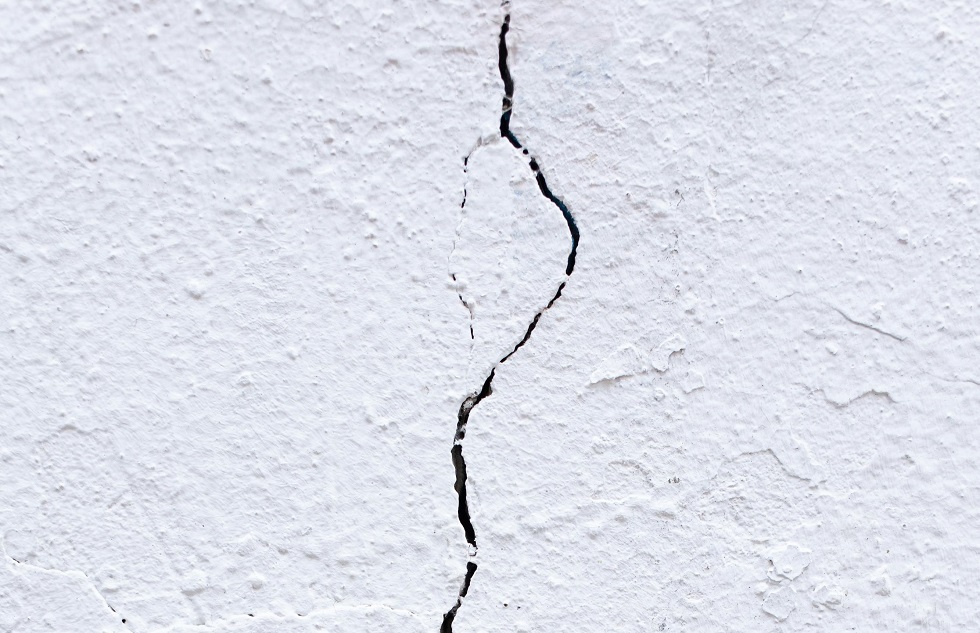
How Do Home Insurance Companies Determine Pre-existing Damage?
Home insurance companies employ various methods to assess pre-existing damage when evaluating property damage claims. This process is crucial for insurers to determine the validity and extent of coverage for property damage. Insurance adjusters conduct thorough visual...

Signs Your Insurance Adjuster Estimate Is Too Low
Insurance claims can be complex, and receiving an adjuster's estimate that seems too low is a common frustration for policyholders. Recognizing the signs of an undervalued estimate is crucial to ensure fair compensation for property damage or losses. Key indicators of...
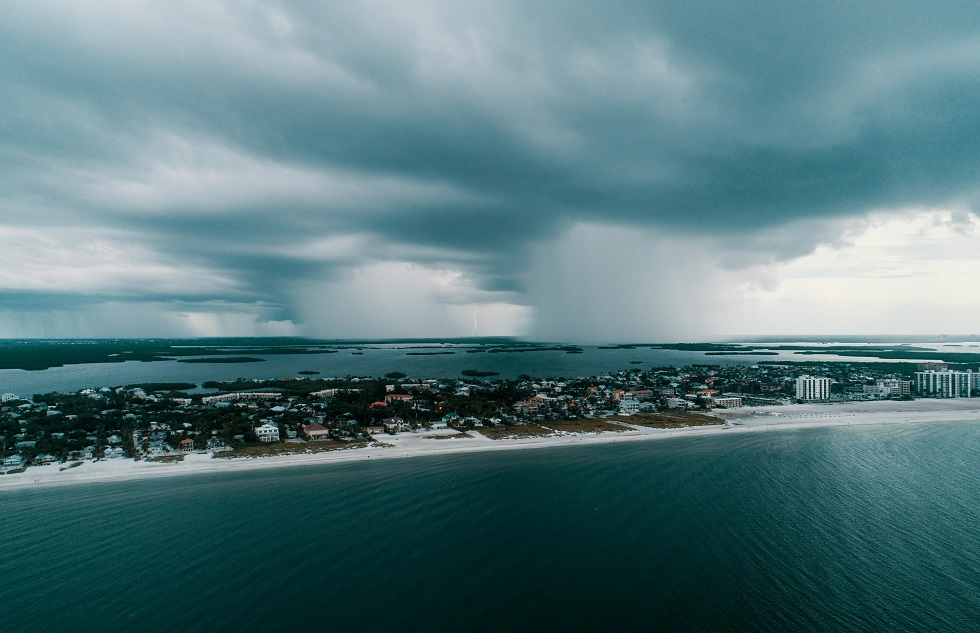
Why Does Florida Have So Many Hurricanes?
Florida is renowned for its beautiful beaches, vibrant culture, and, unfortunately, its frequent encounters with hurricanes. The state's unique geographical location and climate conditions make it particularly vulnerable to these powerful storms. Florida's position on...
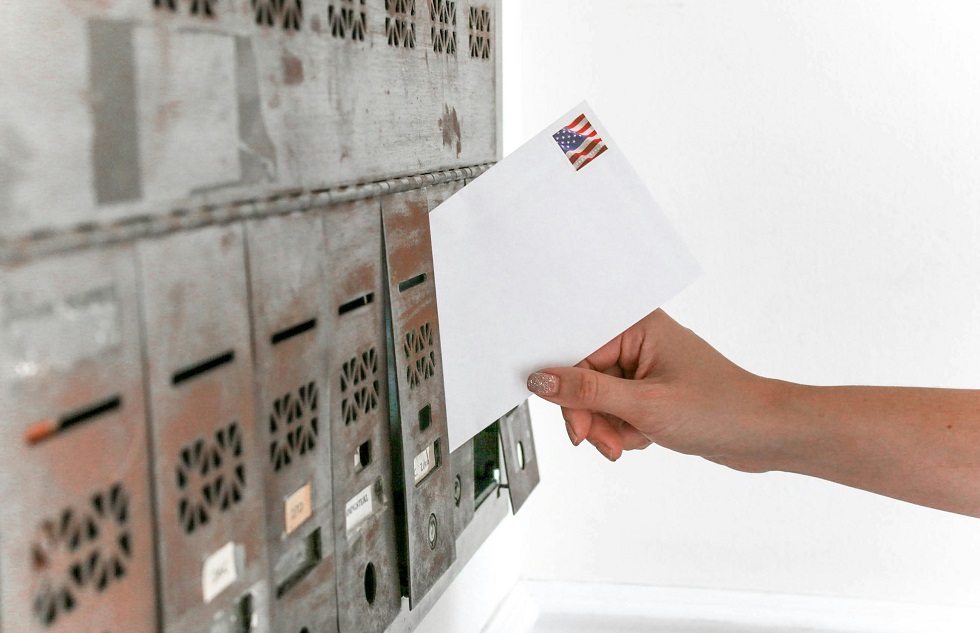
What To Do If You’re Denied Hurricane Damage Claim For Home
Hurricane damage can be devastating for Florida homeowners, leaving them in a state of distress and financial uncertainty. When insurance claims for such damage are denied, it adds another layer of stress to an already difficult situation. Facing a denied claim...
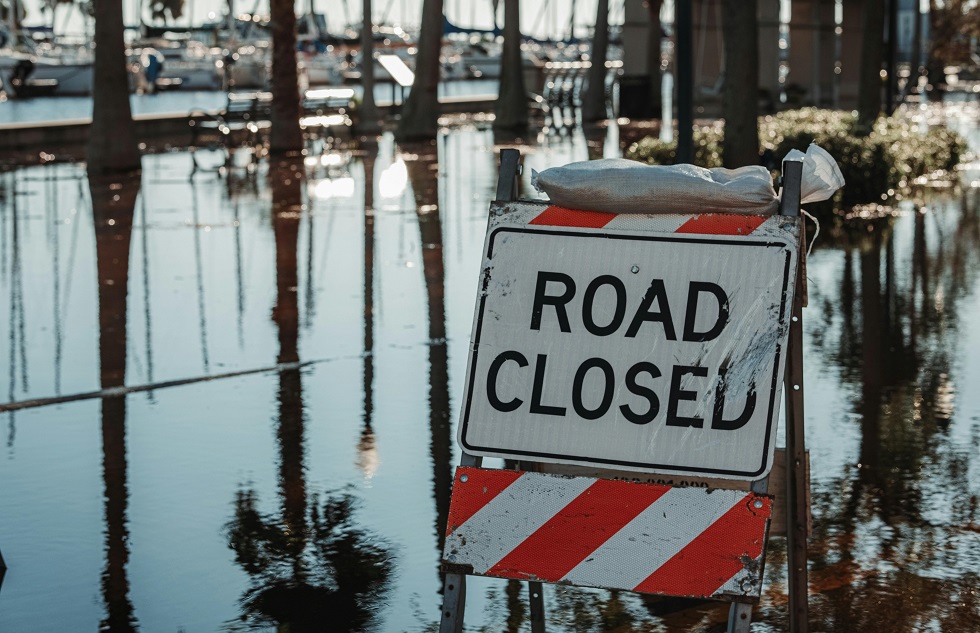
Guide To Documenting Damages For A Florida Flood Claim
Proper documentation of flood damage is crucial for a successful insurance claim in Florida. When floodwaters recede, homeowners face the daunting task of assessing and recording the extent of their losses. Thorough documentation, including photos, videos, and...

What To Do If You Disagree With A Home Insurance Adjuster
Dealing with a home insurance claim can be stressful, especially when you disagree with the adjuster's assessment. Many homeowners find themselves in this frustrating situation after experiencing property damage or loss. If you disagree with the insurance adjuster's...
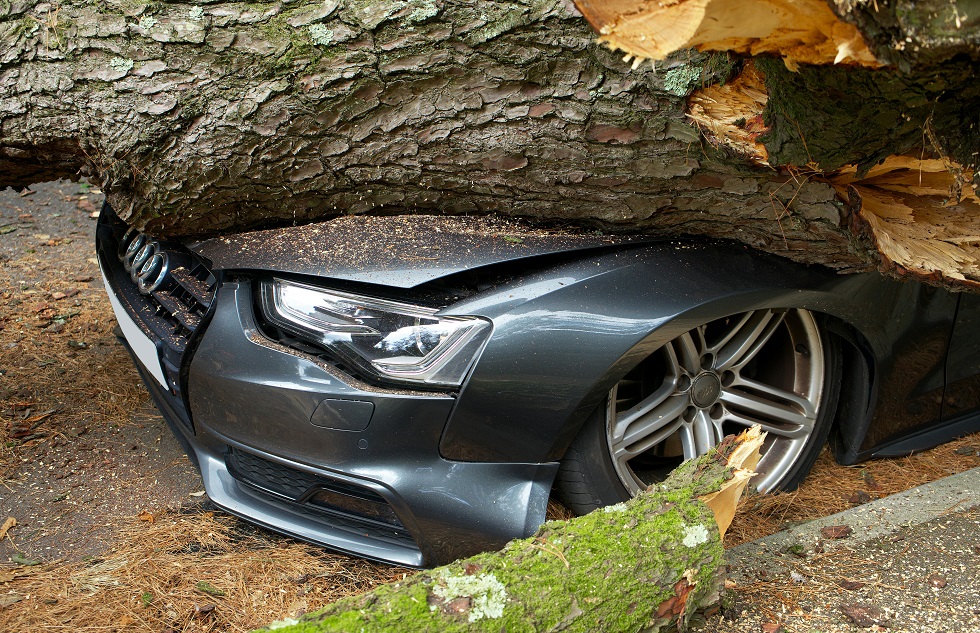
How To Sue Your Neighbor for Property Damage in Florida
Property damage disputes between neighbors can quickly escalate, turning once-friendly relationships sour. If you're facing significant property damage caused by a neighbor in Florida, legal action may be necessary to protect your interests and recover damages. In...

Common Reasons Your Florida Hurricane Damage Insurance Claim May Be Denied
Florida homeowners face a daunting challenge when their hurricane damage insurance claims are denied. Understanding the common reasons for these denials can help you navigate the claims process more effectively. Insurance companies may deny claims due to inadequate...




